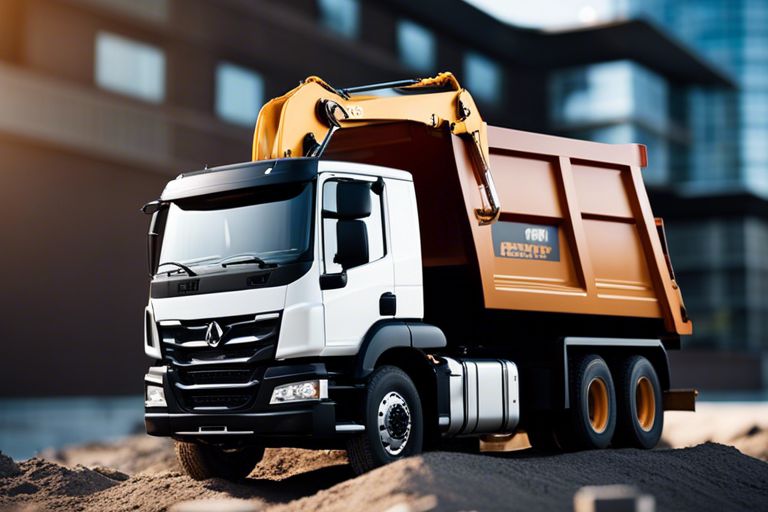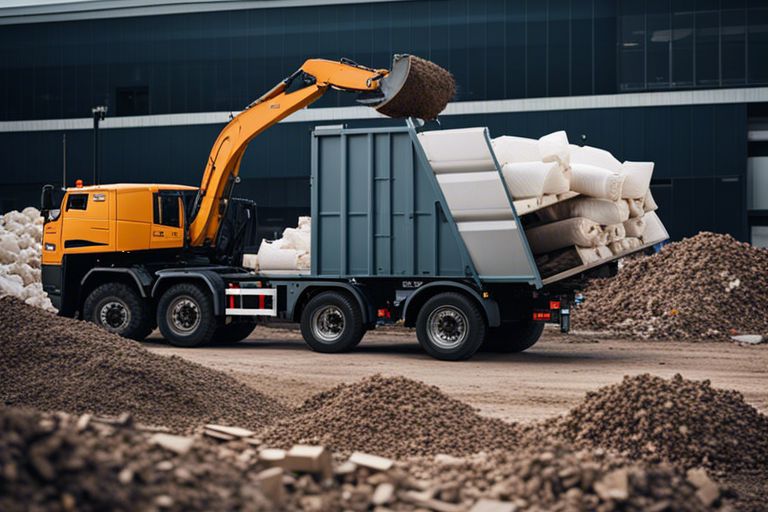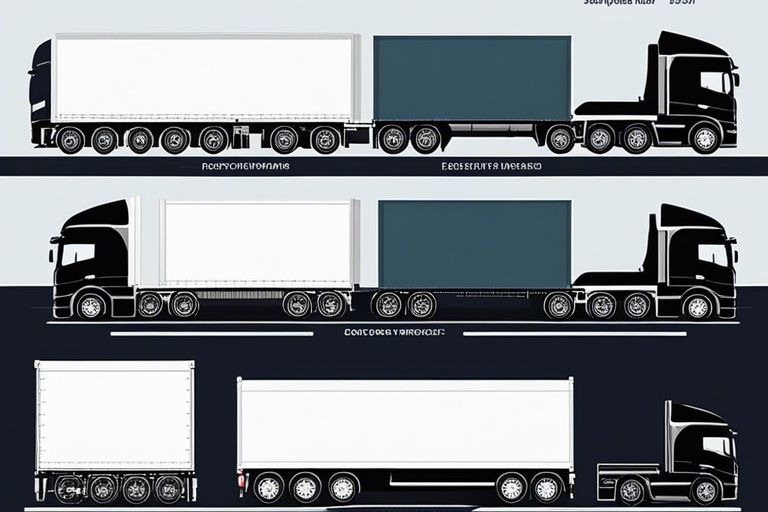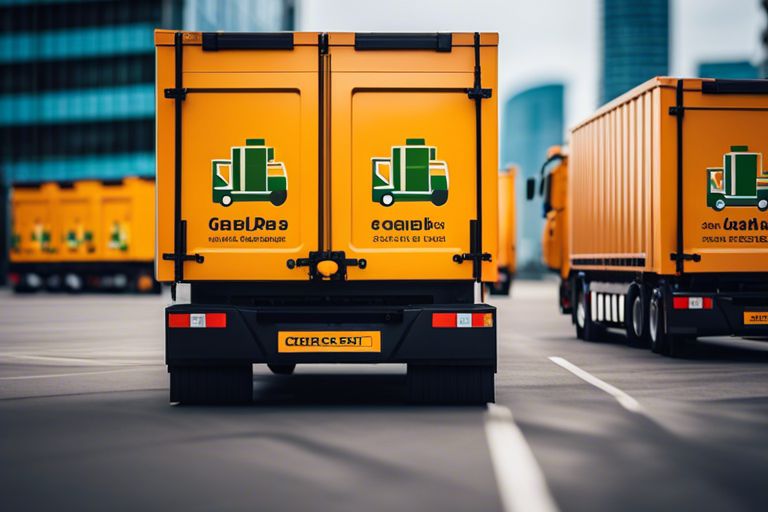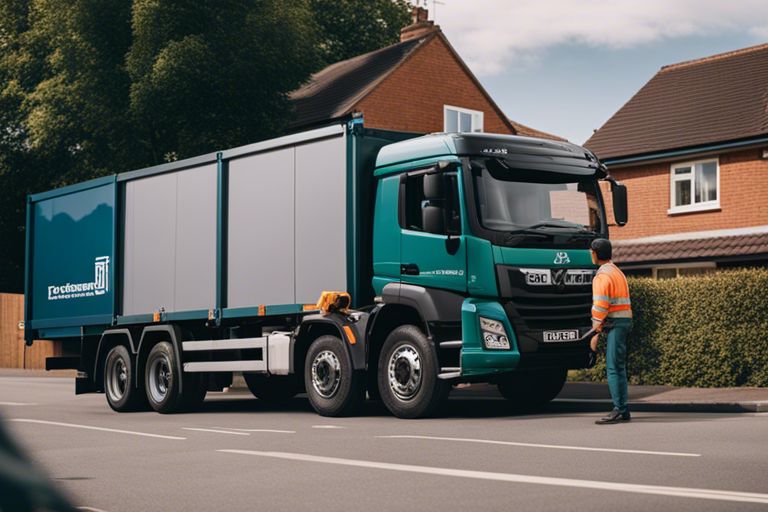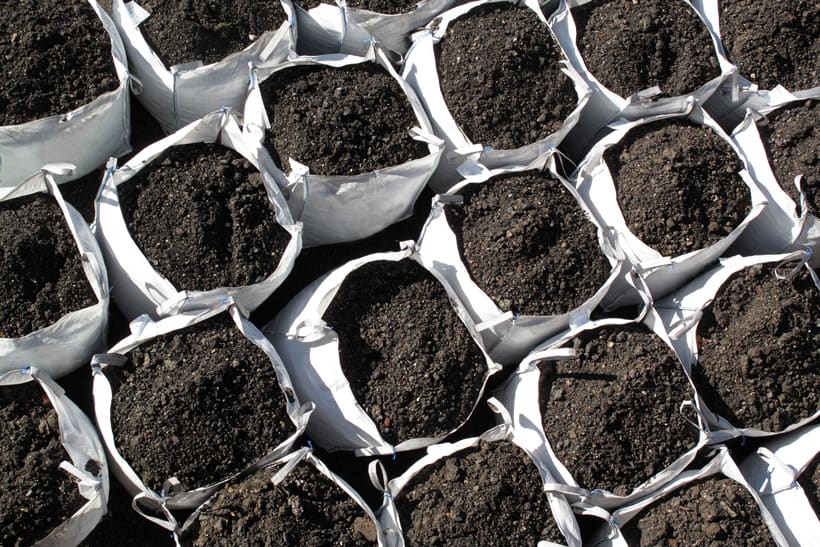Exacerbating waste removal challenges in the UK, the increasing population and urbanisation have intensified the pressure on waste management systems. As a result, UK residents continue to encounter numerous obstacles in the disposal and recycling of household and commercial waste. In this blog post, we will explore the key challenges faced by UK residents in waste removal and offer practical solutions to address them. For more in-depth insights into the Challenges of Waste Management, keep reading.
Key Takeaways:
- Recycling Habits: UK residents face challenges in developing and maintaining effective recycling habits, which can lead to an increase in household waste.
- Legislation and Regulations: The complex and often changing legislation and regulations surrounding waste removal can cause confusion and hinder proper disposal efforts.
- Education and Awareness: There is a need for greater education and awareness among UK residents regarding the impact of waste and the importance of proper disposal methods.
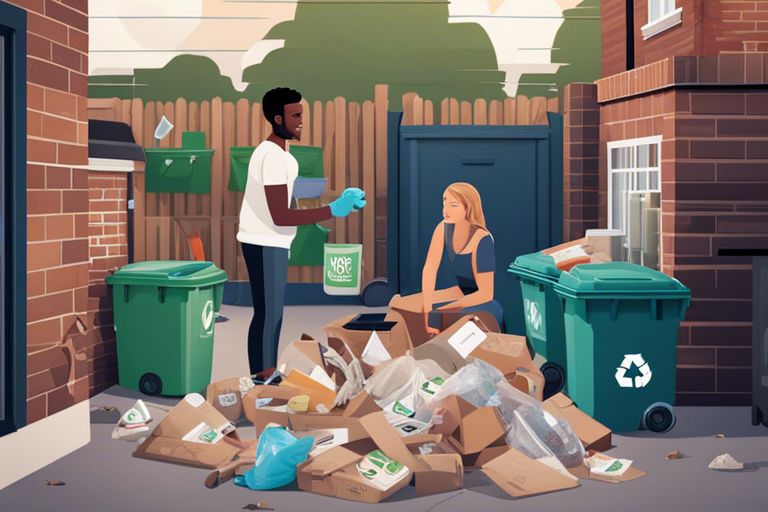
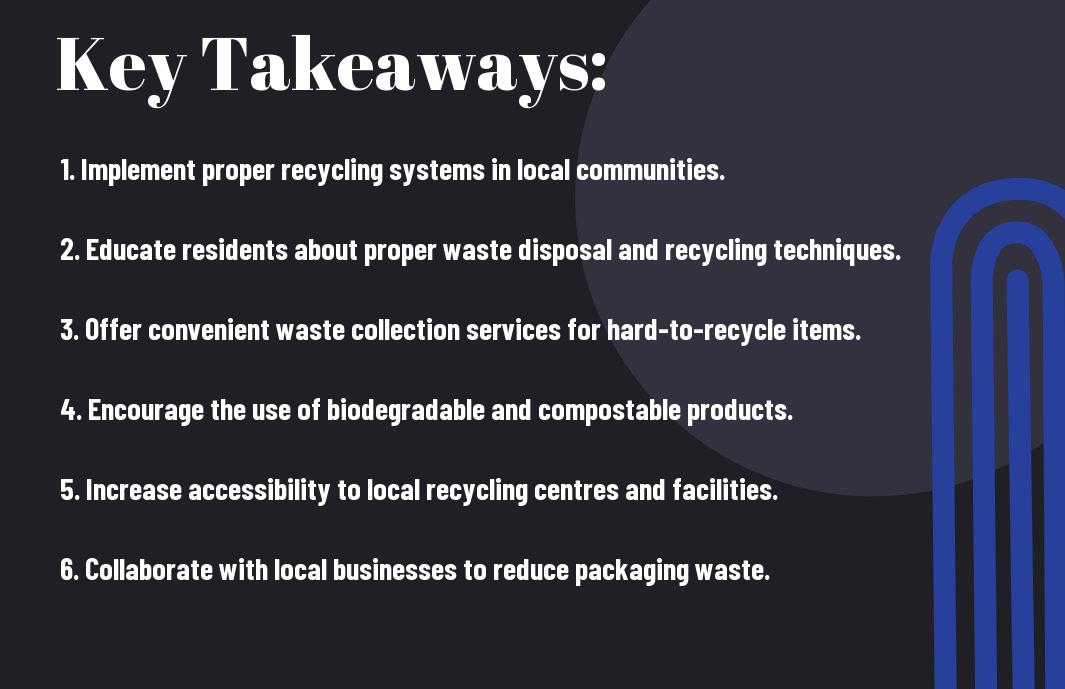
Regulatory and Policy Challenges
When it comes to waste removal, UK residents often face numerous regulatory and policy challenges that impact their disposal practices. From navigating complex waste management regulations to understanding the impact of policy changes, it is essential to address these challenges for effective waste removal.
Understanding Waste Management Regulations
Waste management regulations in the UK can be quite intricate, requiring residents to adhere to specific guidelines for proper waste disposal. These regulations encompass various aspects such as the segregation of different types of waste, collection schedules, and the use of designated disposal facilities. Understanding and complying with these regulations is crucial to ensure that waste is managed in an environmentally responsible manner.
Impact of Policy Changes on Waste Disposal Practices
Policy changes have a significant impact on waste disposal practices in the UK. Shifts in governmental policies can lead to alterations in waste collection methods, recycling initiatives, and landfill regulations. It is important for residents to stay informed about these policy changes and adapt their disposal practices accordingly to minimise the environmental impact of waste disposal.
Changes in policies can also affect the availability of waste removal services and the cost of disposal, influencing the overall waste management landscape for UK residents.
Environmental and Sustainability Considerations
When it comes to waste removal, it’s essential to consider the environmental and sustainability aspects. The choices we make in managing our waste have a direct impact on the health of our planet and future generations. Taking into account the environmental and sustainability factors can help us make responsible decisions that contribute to a cleaner and healthier environment for all.
The Role of Recycling in Waste Management
Recycling plays a crucial role in waste management by reducing the amount of waste sent to landfills and conserving valuable resources. When we recycle materials such as paper, glass, plastic, and metal, we significantly decrease the environmental impact of waste disposal. By reusing these materials, we also reduce the need for raw materials extraction, which in turn reduces energy consumption and pollution.
The Consequences of Improper Waste Disposal on the Environment
Improper waste disposal can lead to a range of detrimental consequences for the environment. When waste is not disposed of properly, it can contaminate soil, water, and air, posing significant risks to human and environmental health. Toxic chemicals and pollutants from improperly disposed waste can seep into groundwater, affecting the quality of drinking water and harming aquatic ecosystems.
Improper waste disposal also contributes to habitat destruction and loss of biodiversity, as well as increased greenhouse gas emissions that contribute to climate change. It is crucial that we address these consequences by adopting responsible waste management practices and promoting environmental stewardship.
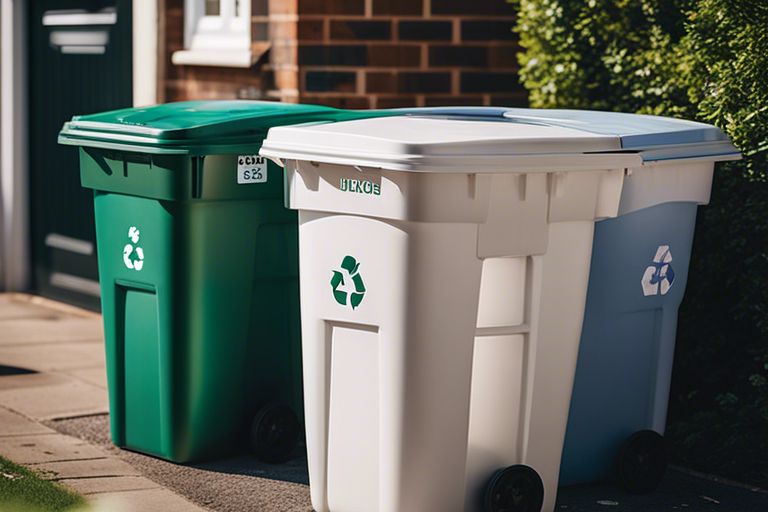
Practical Challenges in Daily Waste Removal
Addressing common waste removal challenges can be a significant task for UK residents, as various practical issues often arise in the daily disposal of household waste. This chapter will examine two key challenges faced by many residents in the UK.
Space Constraints and Storage Issues
One of the most prevalent challenges in waste removal is the limited space available for waste storage in many UK households. With smaller living spaces and stricter regulations on outdoor waste storage, residents often struggle to find adequate space to store their waste before collection. This can lead to clutter and overflow, creating unsightly and unhygienic conditions, which are hazardous to both the environment and public health.
In addition, households with limited outdoor space may find it difficult to separate and store recyclable materials, further contributing to the accumulation of waste. This can complicate waste management efforts and hinder the recycling process, leading to more waste ending up in landfills.
Irregular Collection and Inconvenient Disposal Facilities
Another common challenge faced by UK residents is the irregularity of waste collection services and inconvenient disposal facilities. Many local authorities have reduced the frequency of waste collection in recent years as a cost-saving measure, leading to longer intervals between collections. This can result in overflowing bins and an increased risk of pests and vermin infestation.
In addition, the lack of convenient and accessible disposal facilities, such as recycling centres and hazardous waste collection points, can make it challenging for residents to responsibly dispose of their waste. This can lead to improper disposal practices, including illegal dumping and the accumulation of hazardous materials in domestic environments.
Residents may have to travel long distances to access suitable disposal facilities, increasing the likelihood of non-compliance with waste disposal regulations and creating environmental and public health risks. These challenges highlight the importance of addressing the practical issues surrounding waste removal to ensure the efficient and responsible management of household waste in the UK.
Innovative Solutions and Community Initiatives
Advancements in Waste Removal Technologies
The waste management sector in the UK has seen significant advancements in technologies aimed at improving waste removal processes. Innovations such as waste-to-energy facilities, robotic sorting systems, and smart bins equipped with sensors and compaction technology have revolutionised the way waste is managed. These technologies not only contribute to more efficient and sustainable waste removal but also help reduce the amount of waste going to landfills, mitigating the environmental impact of waste disposal.
Furthermore, the development of apps and digital platforms for waste collection scheduling and reporting has enhanced the transparency and accountability of waste removal services, empowering residents to actively participate in waste management. These technological advancements are crucial in addressing the growing waste removal challenges in the UK, and their integration into waste management systems is imperative for a more sustainable future.
Grassroots Efforts and Public Awareness Campaigns
Community-led initiatives and public awareness campaigns have played a vital role in promoting responsible waste management practices among UK residents. From local recycling drives and clean-up events to educational workshops and eco-friendly initiatives, grassroots efforts have fostered a culture of environmental consciousness and encouraged active participation in waste reduction and recycling. Additionally, public awareness campaigns run by government and non-profit organisations have been instrumental in educating the public about the importance of waste segregation, proper disposal of hazardous waste, and the benefits of adopting a circular economy approach.
By engaging and mobilising communities, grassroots efforts and public awareness campaigns have significantly contributed to the reduction of waste generation and increased recycling rates across the UK. Their impact extends beyond immediate waste removal to fostering a long-term commitment to sustainable waste management practices among residents.
Addressing Common Waste Removal Challenges Faced by UK Residents
In conclusion, the challenges faced by UK residents in waste removal are substantial, ranging from lack of proper infrastructure to limited access to recycling facilities. However, there are solutions in place to address these issues. By implementing comprehensive recycling programmes, improving waste collection services, and educating the public about responsible waste management, we can alleviate the burden on our environment and communities. It is crucial for local councils and authorities to work together with residents to promote sustainable waste removal practices and ensure that proper disposal and recycling options are readily available. Additionally, increased investment in recycling facilities and infrastructure can aid in effectively managing the growing volume of waste. With collective efforts and commitment, we can overcome these challenges and work towards a cleaner, more sustainable future for the UK.
FAQ
Q: What are the common waste removal challenges faced by UK residents?
A: Common waste removal challenges faced by UK residents include limited collection services, illegal dumping, lack of recycling facilities, and proper disposal of hazardous waste.
Q: How can UK residents deal with limited collection services for waste removal?
A: UK residents can consider alternative collection services, such as private waste removal companies, or group together with neighbours to arrange bulk collections.
Q: What can be done to address illegal dumping of waste in the UK?
A: To address illegal dumping, local authorities can increase surveillance in problem areas, impose strict fines and penalties, and educate the public about proper waste disposal methods.
Q: How can UK residents ensure proper disposal of hazardous waste?
A: UK residents can utilise designated hazardous waste collection points, and educate themselves on the correct procedures for disposing of hazardous materials such as chemicals, batteries, and electronics.
Q: What steps can be taken to improve recycling facilities for UK residents?
A: To improve recycling facilities, local councils can invest in more recycling infrastructure, provide better education and resources for residents, and work with businesses to promote sustainable waste management practices.

